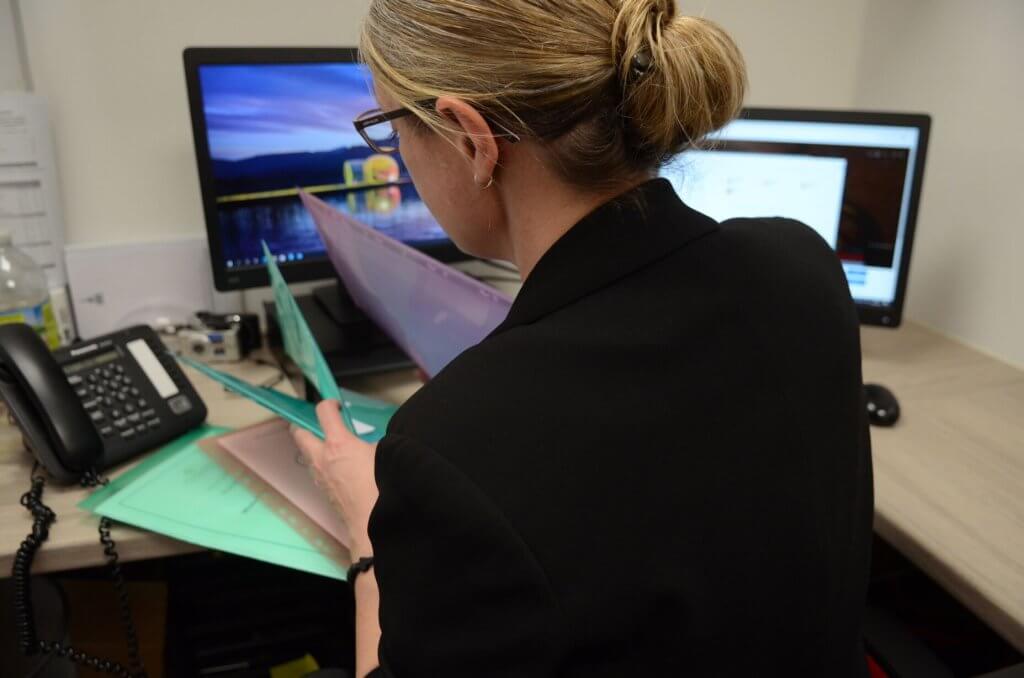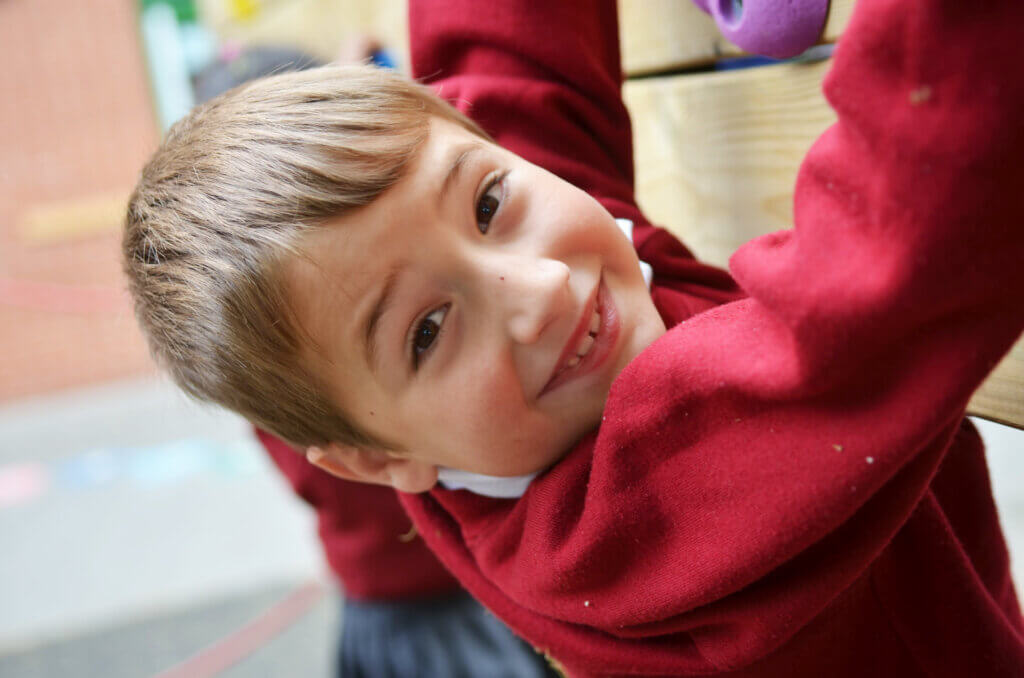The number of children being Educated at home is continuing to increase since the coronavirus pandemic. The figure estimated by the Department for Education from the Autumn census was 92,000 children across the UK. Due to this increase The Child Safeguarding Practice Review Panel have published a briefing on Safeguarding Children in Elective Home Education which details the responsibilities of Local Authorities and Schools, as well as considering some emerging themes.
It is important to note that Home Education itself is not a safeguarding risk and it is the parent’s right to choose to educate their child outside of school. However, the purpose of the briefing is to look at those children identified by the Panel, from Rapid Reviews and Local Child Safeguarding Practice Reviews (LCSPR’s), that were educated at home, suffered serious harm or died from abuse and how this could have been prevented.
School Responsibilities
- When notified by a parent that they wish to Home Educate their child, schools must inform the Local Authority. It is important to note here that the request must come from a parent with known parental responsibility.
- Once they have received the decision in writing from the parent, they must remove them from their school register
- Although there is no legal obligation for parents to inform school of their choice, they would be at risk of prosecution from non-attendance if they have not notified school of their intention to EHE
- EHE is also referenced in Keeping Children Safe in Education:
‘‘Where a parent/carer has expressed their intention to remove a child from school with a view to educating at home, we recommend that local authorities, schools, and other key professionals work together to coordinate a meeting with parents/carers where possible.”
However, again, as there is no legal duty for parents to discuss this decision with school or engage in any meetings, this does not routinely happen
- If there are any safeguarding concerns around the family then school may need to consider a referral to Children’s Services. This is due to the potential increased risk as the children will no longer be seen on a daily basis
- It is also good practice for schools to consider the child’s voice in relation to this decision – how do they feel about leaving school and do they have any worries or concerns?
There are several reasons that parents might choose to EHE their children and there has been some research done by Smith et al (2020) which looks at this in more detail. Some schools are seeing parents opt to Home Educate their child as a response to attendance concerns and the risk of a Penalty Notice. Parents are also highlighting mental health concerns for their children as a need for a break from school and the choice to educate at home. In relation to safeguarding it is important to consider if the reason may affect the child’s safety within the home.
Again, we must highlight that most children who are EHE are safe and well. However, “while the number of electively home educated children who are harmed or are at risk of serious harm is comparatively low, the protective factor that school can offer was missing from their lives and this had serious, and sometimes fatal, consequences for their safety and welfare”. (Safeguarding Children in Elective Home Education 2024)
The recommendations from the briefing mainly focus on Local Authorities and what they can put in place to make the EHE support more robust. This includes the implementation of Statutory Register to identify children who are EHE and clearer non-statutory guidance. Another issue highlighted is ensuring there is a way to capture children’s voices and opinions during this process. The third recommendation is that Safeguarding Partnerships need to have effective local systems regarding the safeguarding children in EHE.
This is just another area where schools need to prioritise safeguarding and ensure they are acting for the best interests of the child in their response to parents discussing EHE.
Please complete the form below and we will get in contact as soon as we can to help you with your query.
















